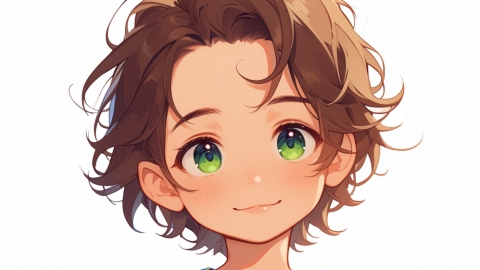Are arachnoid cysts in children dangerous?
Generally, pediatric arachnoid cysts are not considered dangerous when they are small, located in non-essential functional areas, asymptomatic, or have remained stable over a long period. However, cysts that are large, located in critical brain regions, causing symptoms, or gradually increasing in size may pose potential risks. If any abnormalities are noticed, timely medical consultation is recommended. Detailed explanations are as follows:
Smaller cysts usually exert minimal pressure on surrounding tissues and generally do not cause significant symptoms. Cysts located in non-critical functional areas tend to have less impact on the child. Asymptomatic cysts might not cause noticeable harm for a prolonged period, and cysts that remain stable over time carry a lower risk. In such cases, close monitoring and regular cranial imaging examinations, such as cranial CT scans or magnetic resonance imaging (MRI), can be conducted to observe the size, location, and any changes in the cyst.

Larger arachnoid cysts in children may compress surrounding brain tissue, nerves, and other structures, potentially leading to serious consequences. Cysts located in critical brain areas may affect corresponding functions. Symptomatic cysts may indicate more severe underlying conditions. Gradually enlarging cysts or those complicated by intracystic hemorrhage may even become life-threatening. In such cases, prompt medical attention is necessary, and surgical treatment might be required depending on the clinical condition.
Parents should help children maintain a healthy lifestyle in daily life, improve dietary habits, ensure regular作息 (作息 here should be translated as作息 patterns or作息 schedule), enhance physical fitness, and reduce susceptibility to illnesses.









